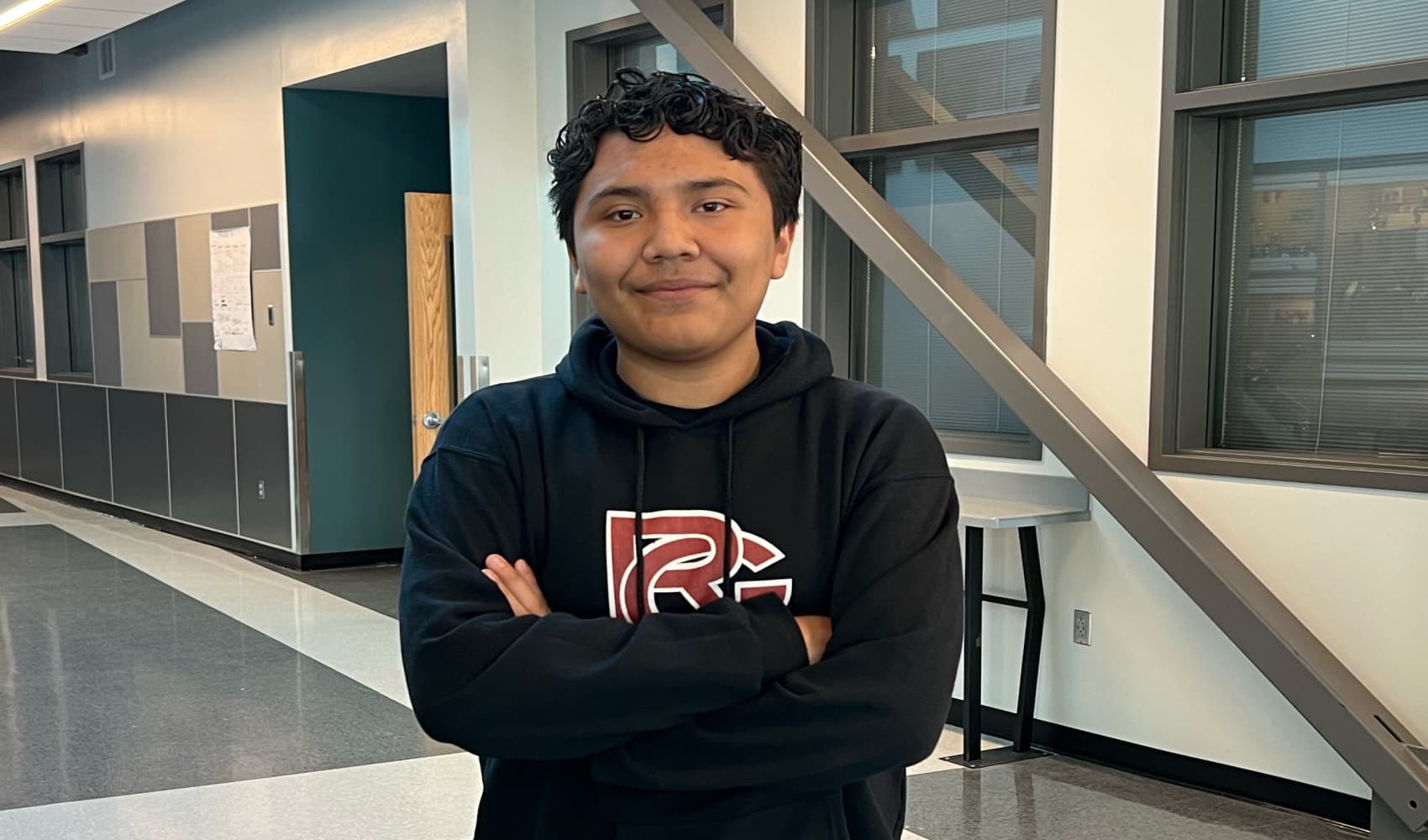
You may have heard of EQ, short for emotional intelligence, and IQ, short for intelligence quotient, but you likely aren't familiar with RQ: Relational intelligence, or the skill of navigating relationships well.
RQ is becoming increasingly important because every single area of your life is inevitably impacted by the people in your life.
As an EQ researcher who has coached thousands of people, I've found that our spiritual, physical, financial, emotional and professional progress is tethered to who we allow to be in our lives.
What is relational intelligence?
Get Southern California news, weather forecasts and entertainment stories to your inbox. Sign up for NBC LA newsletters.
RQ is the ability to discern if someone should be a part of our lives and what place they should occupy, and then align them accordingly. It also gives you insight into whether you are putting too much or too little effort and time into a relationship.
The first step is to define your relationships, and there are four categories to consider:
1. Friends
Money Report
We shouldn't feel the same way in our friendships that we feel, say, on the job, where we are simply exchanging skills. In other words, if you don't contribute your talents or abilities at work, then there wouldn't be any relationships.
But the relationships we have with the people we call our friends should not be transactional. They are the one place where we're able to be our authentic selves. With friends, we should be able to say: "This is who I am, and I don't have to try to be someone else."
This doesn't mean you don't grow or evolve. It just means that acceptance is at the very core of your intimate relationship.
2. Associates
Associates are often confused with friends. But a person's RQ is what enables them to recognize the difference.
You assign someone to the associate category when there hasn't been enough time, interest or desire to develop the kind of connection required for friendship. It's a relationship where a person doesn't prefer to, for whatever reason, engage any deeper than the surface.
Maybe there's a lack of chemistry or very few shared interests. Maybe there are character inconsistencies that make you feel unsafe around them.
Something else to keep in mind: Even if you consider them to be a generally "good person," anyone who would harm or disregard you for an opportunity are associates at best.
3. Assignments
An assignment is essentially a mentee. This type of relationship exists primarily for the purpose of one person providing mentorship, guidance, training or coaching to another.
A key trait of the assignment category is that it can be a lopsided exchange. Assignments are people in whom you will make deposits, but from whom you will more than likely not receive withdrawals.
This doesn't mean they can't or won't make any contributions to your life. Assignment relationships exist specifically for the purpose of you giving to someone what you may have received from someone else.
Sometimes, there may even be a spirit of friendship, despite a person not actually being a friend. People without RQ are unaware of this and risk making the mistake of treating an assignment like a friend. When this happens, we end up mismanaging expectations or disclosing what should be confidential.
4. Advisors
Advisors serve as mentors and offer guidance in specific areas of our lives, usually for a limited about of time. We may have professional advisors in our career fields, or spiritual advisors who give us insight, wisdom and direction.
Advisors keep us from being unnecessarily exposed to elements like pain and mistakes, but they are also catalysts. They cause things to happen for us that wouldn't have happened without them. They help us get further faster.
Keep in mind that just because someone gives you advice doesn't mean they are an advisor. They may be a friend or associate who has something to offer in the context of one or a few conversations.
How to use RQ to improve your life
Once relational categories have been clearly defined, the next step is to discern who is in your life, what category they currently occupy, and whether they should actually be there.
Without this intentional exercise, we will live in a constant state of relational murkiness and frustration. Reflection is an essential aspect of RQ, and it involves asking the right questions to give clarity.
Here are a few to get you started:
1. Where am I in life? Think about where you are — emotionally, spiritually, professionally, and so on. If you can't locate yourself, it will be hard to determine where you want a relationship to go.
2. What do I need? There are times in my life when I need people who are simply healthy distractions. Of course, that's not all the value they add, but these are the relationships that allow me to disconnect from a world of work that can be all-consuming.
In that case, I can say, "I need people who are able to pull me out of the seductive web of work." Then I can make decisions on how to align my relationships.
3. What do I have? If you aren't getting what you need from a relationship, why is that the case? Is it possible that you have the wrong people in the wrong categories?
4. What do I need to do? Does someone need to be realigned? Sometimes, you may have to pursue a relationship or cut ties with a person.
The most successful people are 'people smart'
The goal of becoming people smart is not to get the most out of others, or to manipulate our way to the top. It's to be a better friend and to have better friends.
We want to give the most that we can to others, and to do so in a reciprocal context. One of the greatest things we can achieve in life is to create an environment where we can receive and give again.
Dharius Daniels is an emotional intelligence expert and former professor at Princeton University. He is also the author of "Relational Intelligence: The People Skills You Need for the Life of Purpose You Want" and host of The Dharius Daniels Podcast. Dharius earned his undergraduate degree from Millsaps College and post-graduate degrees from Princeton University and Fuller Theological Seminary. Follow him on Twitter @DhariusDaniels.
Don't miss:
- A Harvard researcher says the most emotionally intelligent people have these 12 traits. Which do you have?
- 7 things mentally strong people always say, according to a psychotherapist
- Want to sound smarter? Avoid these 15 words and phrases that are 'embarrassingly outdated'
Sign up now: Get smarter about your money and career with our weekly newsletter






